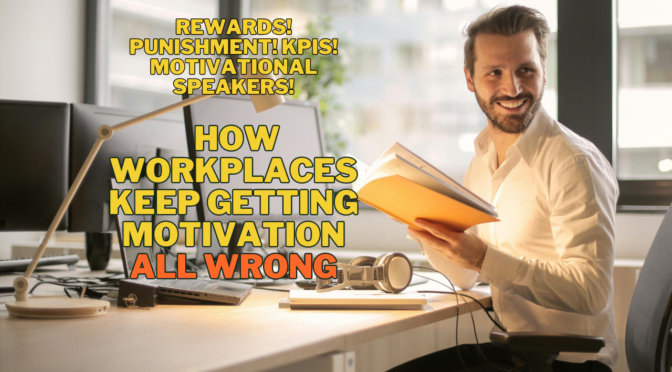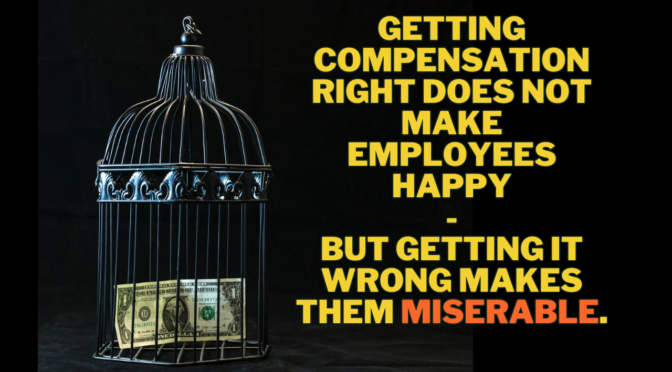If you’re interested in Appreciative Inquiry (AI), the Appreciative Inquiry Handbook by David L. Cooperrider, Diana Whitney and Jacqueline M. Starvos is the book to read, because:
* It’s edited by the foremost AI people on the planet
* It’s relevant to every level of AI user from novice to expert
* It covers both the theory and the practice of AI
* It’s clear, readable and very thorough
* You can read it as a book or use it as the ultimate AI reference
If you don’t know AI already, you should consider looking into it – it’s one of the two most important tools I know of for creating positive organizational change (the other being Open Space Technology).





